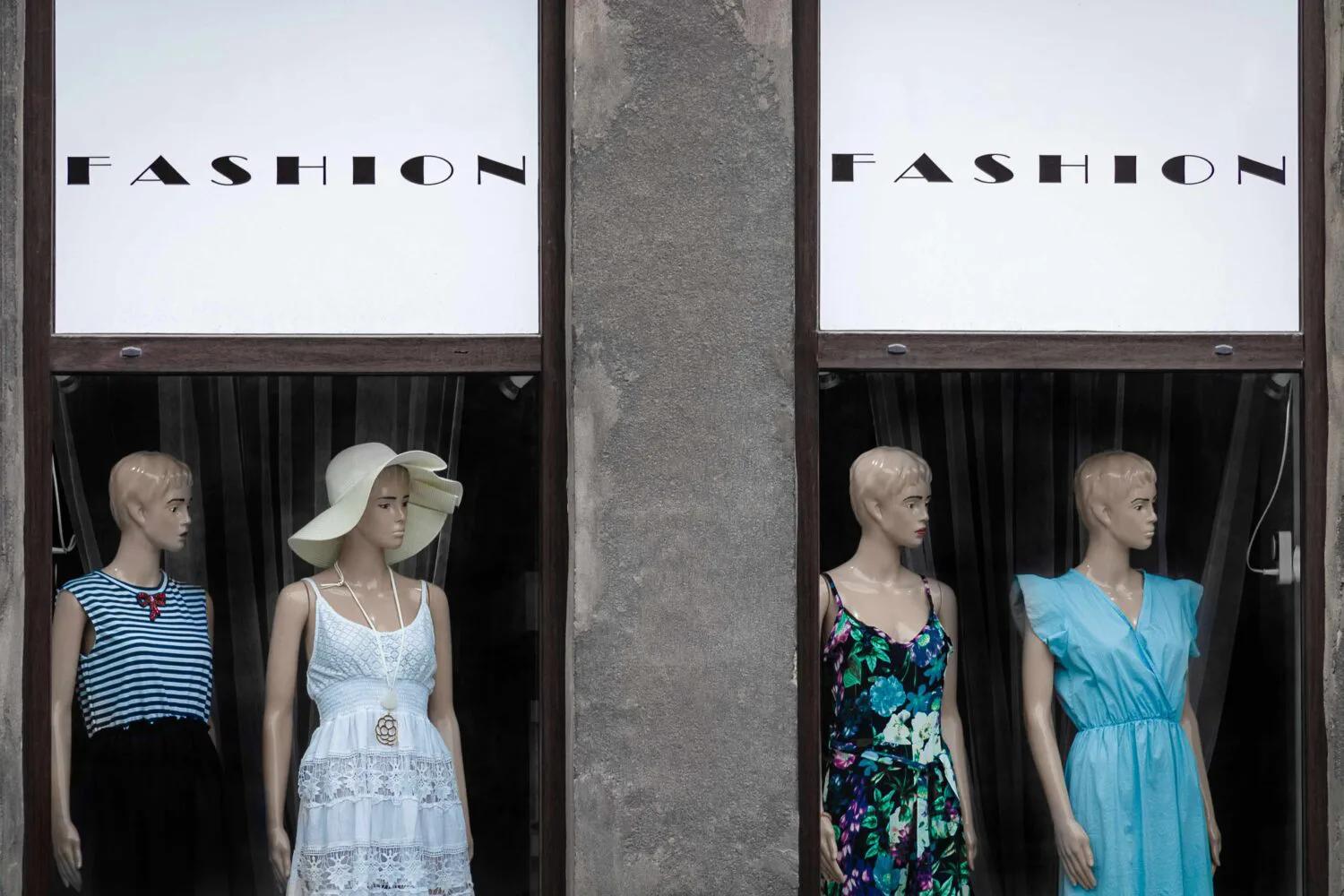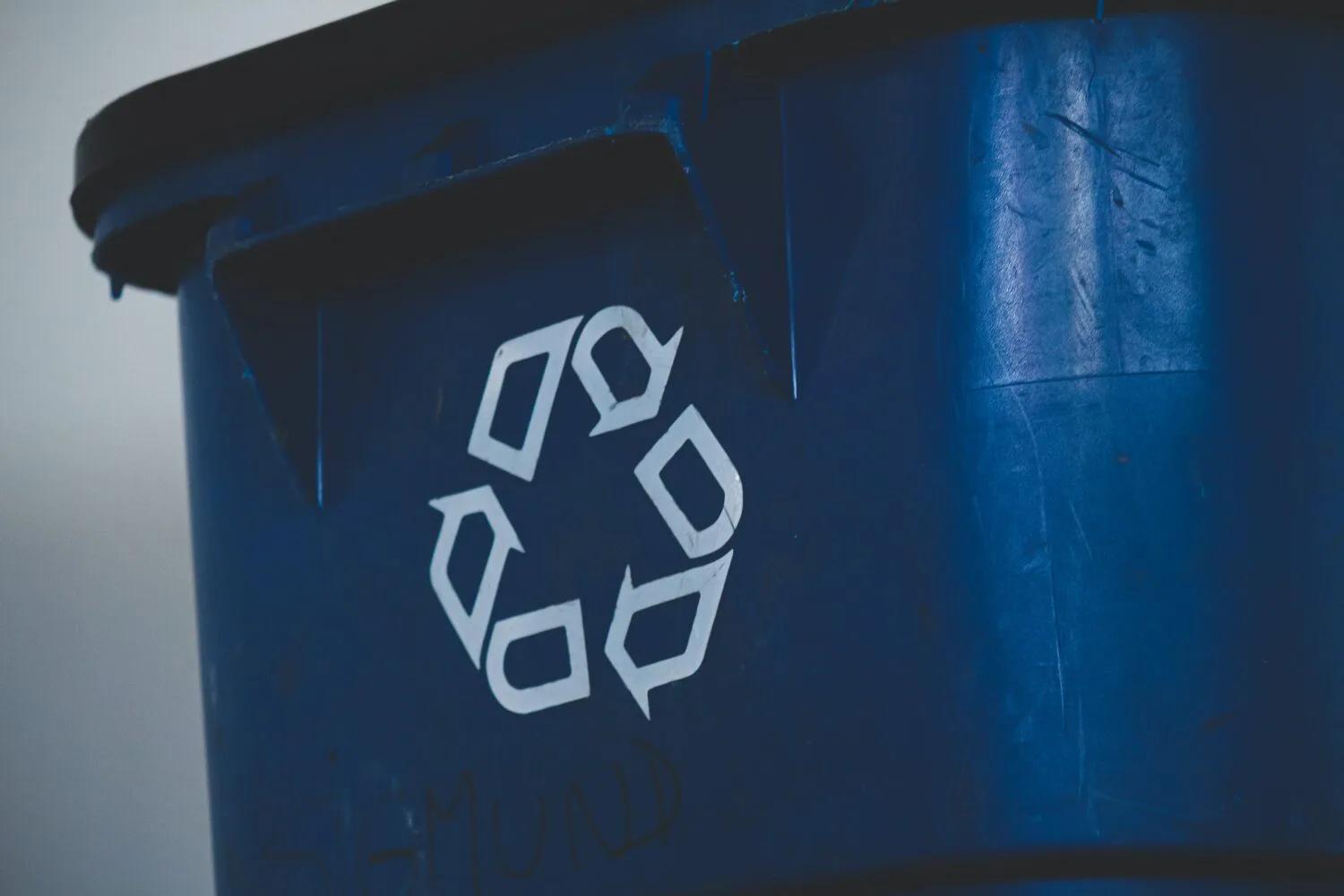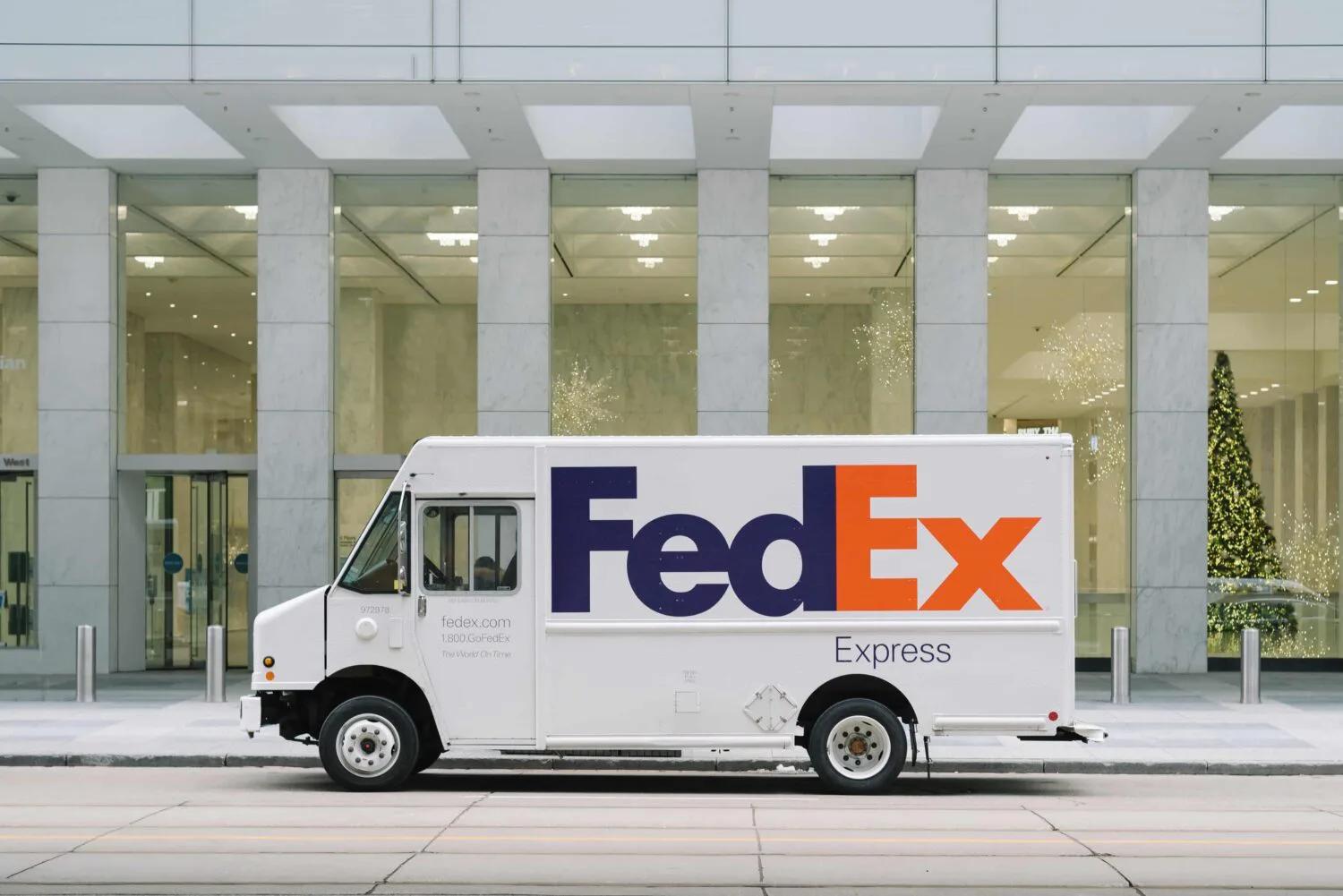Brand Sustainability Efforts on the Rise, Get Your Business on Board
The retail industry is one of the biggest contributors to global environmental challenges and buyers are now considering businesses’ ecological footprint before spending money and deciding where to shop.
This shift in consumer demand has made it critical for companies to implement sustainable practices, with pressure on these organizations to focus on minimizing the impact on the environment, and safeguarding the needs of our future generations.

“While making your company more environmentally friendly will likely require an upfront investment, it could pay dividends in the long term, and you don't have to reinvent your entire business plan.”
Inc.com
1r is proud to partner with brands that are actively practicing and developing new sustainable solutions. So if you’re in need of some inspiration on what steps to begin taking your company in the right direction, check out our examples below to get started.
PACKAGING
Linkedin Advice says “One of the most visible impacts of online retail is the number of packaging materials used” for shipping in retail, which often ends up in landfills or oceans, contributing to pollution. One way to think smarter about packing is to mitigate the amount of waste that is created.
Consider this: once orders make their way to customers, the packaging essentially becomes their responsibility to decide what to do with it.

Izzy Zero Waste Beauty takes this a step further as all of their products come with no outer packaging. This prevents consumers from having multiple boxes and items they don’t know how to properly dispose of.
Of course, it’s important to ensure products arrive to consumers undamaged. Izzy utilizes reusable mailers made from upcycled materials to ship their items, which can also be used to send back empty products for recycling. Their stainless steel tubes are designed to be cleaned and refilled over 10,000 times so they never have to be thrown away, and their groundbreaking membership program incentivizes shoppers to send the empty product back for replenishment every 3 months.

Clean skincare brand, Naturium, is committed to utilizing highly recyclable materials like earth-friendly glass. That means ditching plastic whenever possible. Also, to protect its products, the brand ships multi-item orders with packing peanuts made from cornstarch, a biodegradable and easily dissolvable material.
CACAYE is another skincare company with a mission to be at least 90% recyclable. They too utilize glass jars, which are fully recyclable, as well as plastic alternatives, PP and ABS, for both their inner and outer lids – which are 100% recyclable and not biodegradable. The best part is, their products are made from natural ingredients sourced from Earth’s botanicals.
PRODUCTION
Another large impact on our environment is how products are made.
According to the Geneva Environment Network, the fashion industry is responsible for nearly 10% of the world’s carbon emissions, and almost 60% of all materials used in production are made from plastic. On top of that, 85% of all textiles end up in dumps each year.

How can companies start to turn this around? Sustainable sourcing of products.

Imagine helping to clean our planet then taking the waste cleaned up and collected, and turning it into material that can be used in the production of clothes and accessories.
That's what the classic yet iconic accessories retailer, Vera Bradley did when introducing their very own fabric made from recycled plastic bottles. They offer their ReActive fabric in a wide selection of styles and patterns for everyday bags and accessories.
Other brands like Caraa and LeSportsac are putting efforts toward the use of recycled post-consumer plastic waste to produce high-quality bags. Stylish AND eco-friendly!
Delivery
Distribution is another part of the online shopping experience that impacts the environment. It’s more than what a company produces and sells, but how retailers ship products.
The transportation of goods from warehouses to customers takes a toll on our planet, releasing greenhouse gases into the atmosphere. So how can you help your company reduce its carbon footprint? Offer eco-friendly options.
